Survey: Majority of Muslims support marriage equality while evangelicals remain opposed
PRRI finds 6 in 10 Americans oppose allowing business owners to refuse to serve LGBTQ people

A super-majority of Americans, and a majority of American Muslims, support allowing same-sex couples to marry, according to new findings from the 2017 American Values Atlas.
The data from the American Values Atlas, a project of the Public Religion Research Institute, highlights a number of positive findings for the LGBTQ community during an uncertain time. Many members of the community are awaiting a crucial Supreme Court decision on whether businesses can deny service to LGBTQ people, and have cried out against rollbacks of various LGBTQ-friendly policies under the Trump administration.
Currently, 61% of Americans support marriage equality for LGBTQ people, while only 30% say they are opposed. Among religious groups, 97% of Unitarians, 80% of Buddhists, 80% of the religiously unaffiliated, 77% of Jews, and 75% of Hindus support same-sex marriage. Sixty-seven percent of white mainline Protestants, 66% of white Catholics, and 65% of Hispanic Catholics support allowing same-gender couples to wed.
But perhaps the most significant finding among religious groups is that for the first time, a majority of Muslims support same-sex marriage, with 51% saying they support it while only 34% oppose it. Another 15% offer no opinion on the matter.
The findings on Muslims echo similar results from a survey by Pew Research Center last year, which found that Muslims overall were more accepting of or tolerant of homosexuality and LGBTQ rights than white evangelicals. Both surveys come during a time when some conservatives, most notably President Trump and his most ardent supporters, have tried to paint Muslim opposition to homosexuality as the largest threat to the LGBTQ community.
A plurality, or 48% of black Protestants support same-sex marriage, which Hispanic Protestants are divided, with 43% in favor and 45% opposed. Other groups that oppose allowing gays and lesbians to wed include Mormons, who oppose it by a 53%-40% spread, white evangelicals, who oppose it, 58%-34%, and Jehovah’s Witnesses, who oppose it by a 63%-13% margin, with 24% expressing no opinion on the issue.
However, even among those groups that oppose same-sex marriage, PRRI notes that there’s been a double-digit shift in favor of same-sex marriage. For instance, in 2013, 71% of white evangelicals opposed same-sex marriage, meaning opposition has dropped a full 13 percentage points in just four years.
A majority of residents in 44 states support same-sex marriage, ranging from a high of 80% in Vermont and Massachusetts to 51% in Kentucky. Other states with the highest percentage of support for same-sex marriage include: Rhode Island, Connecticut, New Hampshire, Washington State, Maine, Colorado, Nevada, and New York State.
In six states — Alabama, Mississippi, Tennessee, West Virginia, Louisiana, and North Carolina — fewer than 50% of all residents support same-sex nuptials, but only Alabama has a majority who actively oppose marriage equality.
Locally, Virginia and Delaware lag behind the national average, while Maryland has a higher percentage of people who support same-sex marriage. There is no data provided for Washington, D.C.
Perhaps most importantly, a majority of Americans say they oppose religious exemptions that would allow business owners with religious beliefs opposing homosexuality or same-sex marriage to refuse service to LGBTQ people or same-sex couples. The issue of whether such an exemption is constitutional is currently being decided by the U.S. Supreme Court in the Masterpiece Cakeshop case, where a Colorado baker claims his right to practice his religion is being violated if he’s forced to bake a cake for a same-sex wedding.
According to the survey, six in 10 Americans oppose such exemptions, while only one-third supports them. Opposition is highest among black Americans, 66% of whom oppose such exemptions, compared to 61% of Hispanics, 60% of Asian-Pacific Islanders, and 58% of whites.
Overall, women are more likely to oppose laws that allow such exemptions, although the gap between white women –64% of whom oppose exemptions — and white men — 52% of whom are opposed — is much larger than the gap between men and women of other races. A majority of religious groups oppose such exemptions, including Muslims, who oppose them by a 59% to 27% spread.
Only white evangelical Protestants and Mormons have a majority of members who support exemptions for business owners’ personal beliefs. Both groups support religious exemptions at the same rate, with 53% supporting them and about four in 10 opposing them. Thus, at least according to data from the PRRI survey, a Supreme Court decision in favor of allowing the baker to exempt himself from Colorado’s nondiscrimination law would be unpopular among most Americans.
Furthermore, when it comes to laws that proactively provide protections for LGBTQ Americans in employment, housing, and public accommodations, 70% of Americans — including majorities of residents in all 50 states — believe there should be laws protecting the LGBTQ community from discrimination. Currently, only 20 states and the District of Columbia have such laws in place.
Support Metro Weekly’s Journalism
These are challenging times for news organizations. And yet it’s crucial we stay active and provide vital resources and information to both our local readers and the world. So won’t you please take a moment and consider supporting Metro Weekly with a membership? For as little as $5 a month, you can help ensure Metro Weekly magazine and MetroWeekly.com remain free, viable resources as we provide the best, most diverse, culturally-resonant LGBTQ coverage in both the D.C. region and around the world. Memberships come with exclusive perks and discounts, your own personal digital delivery of each week’s magazine (and an archive), access to our Member's Lounge when it launches this fall, and exclusive members-only items like Metro Weekly Membership Mugs and Tote Bags! Check out all our membership levels here and please join us today!










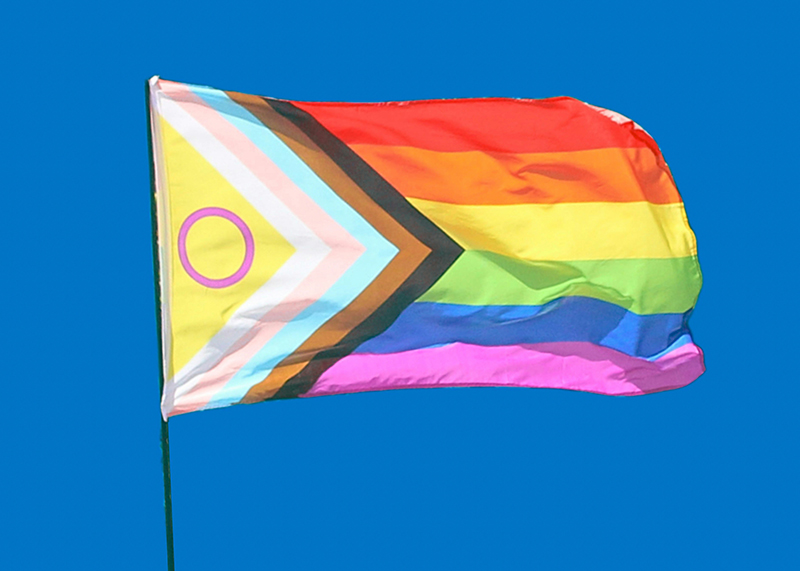
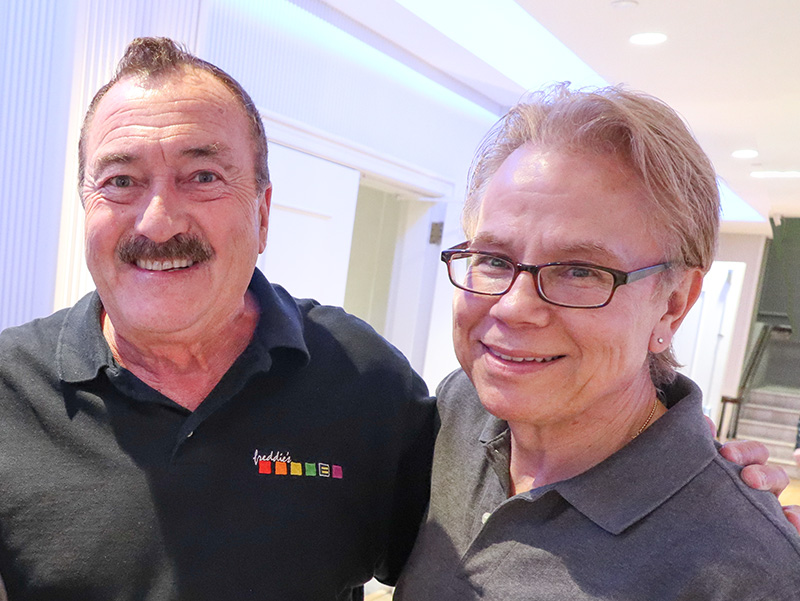
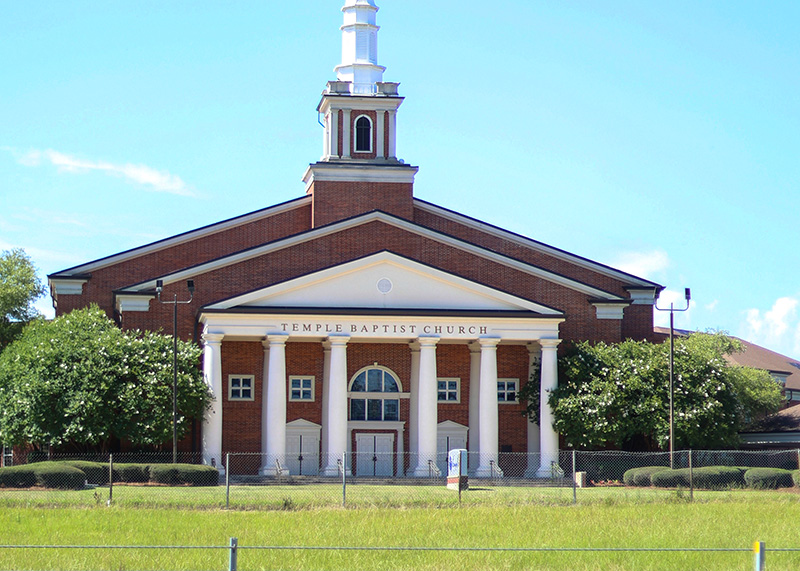















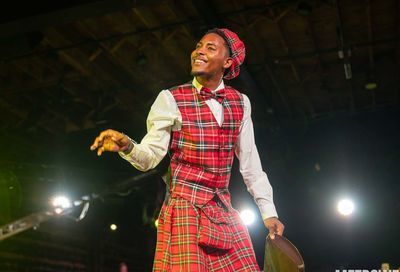
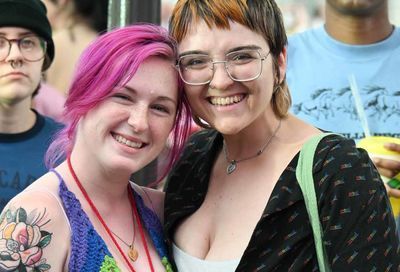
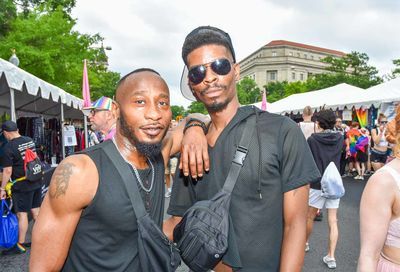
You must be logged in to post a comment.